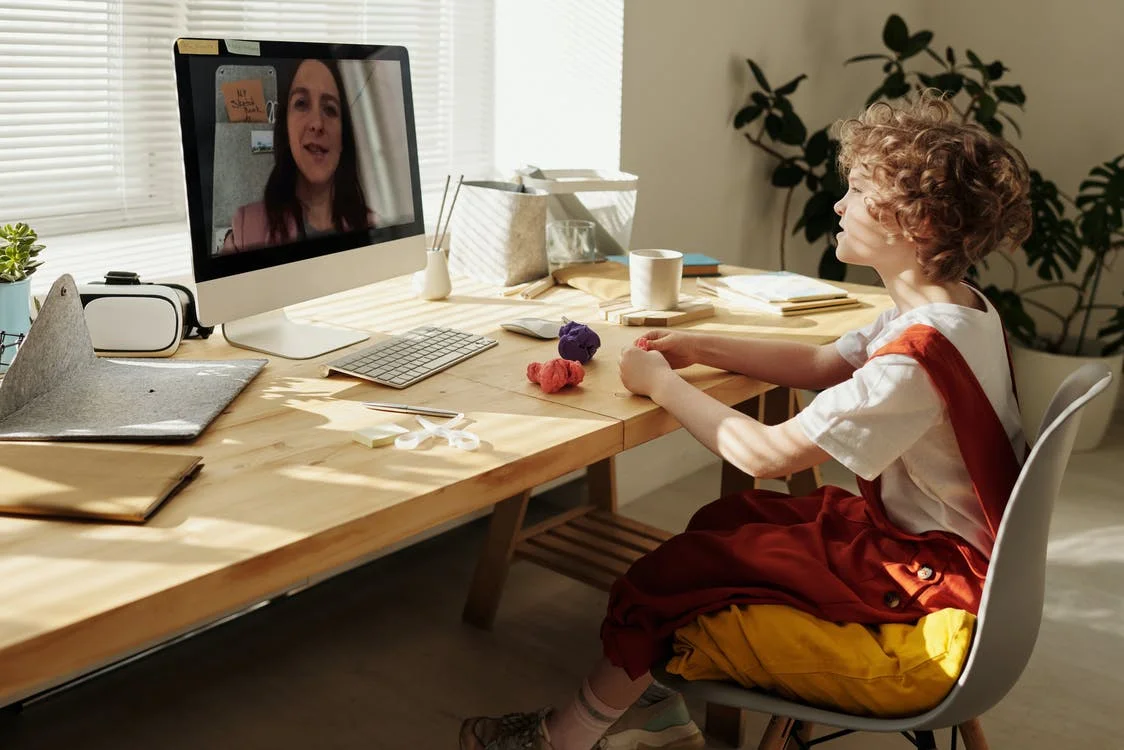The Vital Role of Parents in Modern Education 📚👨👩👧👦
In today’s rapidly evolving world, the role of parents in shaping the educational journey of their children has never been more crucial. 🌍 The traditional approach to education, which relied primarily on schools and teachers, is being redefined as parents become active participants in their children’s academic development. But what exactly does this look like in modern education? Let’s dive in! 💡
1. Supporting Emotional and Mental Well-being 💖🧠
Gone are the days when parents were only expected to ensure their children completed homework. Today, parents are increasingly playing a role in nurturing their children’s emotional intelligence and mental health. This includes being attuned to stress, anxiety, or any pressures their child may face. When parents create an open and supportive home environment, children feel empowered to navigate the ups and downs of school life with confidence. ✨
2. Creating a Positive Learning Environment at Home 🏠📖
A comfortable and quiet space at home can enhance learning. Parents can make sure their children have access to essential resources such as books, a computer, or a quiet study area. 📚💻 These small adjustments contribute to a child’s academic success. Encouragement, whether it’s praising effort or celebrating achievements, reinforces a growth mindset. 🌱
3. Engagement in School Activities and Events 🎒🏅
Active participation in school events—whether it’s attending parent-teacher meetings, school plays, or volunteering for activities—helps parents stay connected with their child’s educational environment. 🤝 It shows the child that their education is a shared priority, which strengthens the home-school connection. This participation fosters a sense of community and responsibility in children. 🌟
4. Promoting Positive Study Habits and Time Management ⏰📊
Parents are the first teachers of life skills, and this extends to things like time management and setting realistic goals. 📅 By helping their children establish study routines, set academic goals, and manage their time, parents can teach valuable skills that benefit their children both in school and beyond. 🎯 Consistency, planning, and reflection are habits that will last a lifetime.
5. Facilitating Lifelong Learning 🌍🔍
Education doesn’t stop at school! Parents who encourage their children to develop a love for learning beyond textbooks—whether through trips to museums, science experiments at home, or casual discussions about the world around them—help foster curiosity. 🧩 Encouraging exploration and creativity outside the classroom builds intellectual independence and a thirst for knowledge that lasts a lifetime. 🌱
6. Advocating for Their Child’s Needs 🎤📢
Parents today are becoming strong advocates for their children’s needs within the education system. Whether it’s ensuring that their child receives special accommodations, that teachers are aware of learning disabilities, or even advocating for more diverse and inclusive curricula, parents are essential allies in ensuring every child gets the best possible education. 🤝
7. Modeling Lifelong Learning and Growth 🌱📚
Parents themselves are role models for the lifelong journey of learning. When parents demonstrate a passion for learning—whether it’s reading books, taking courses, or learning new skills—their children are more likely to adopt a similar mindset. Encouraging the idea that education doesn’t end after graduation sets a powerful example. 🧑🏫
Conclusion: A Unified Effort for a Brighter Future 🌟
In the modern education landscape, the role of parents cannot be overstated. 🗣️ They are key partners in creating a positive, nurturing, and effective educational environment for their children. With a combination of emotional support, active participation, and fostering a love of learning, parents help prepare their children for both academic success and personal fulfillment.
Together, parents, schools, and communities can build the foundation for a bright future—one child at a time! 🚀


